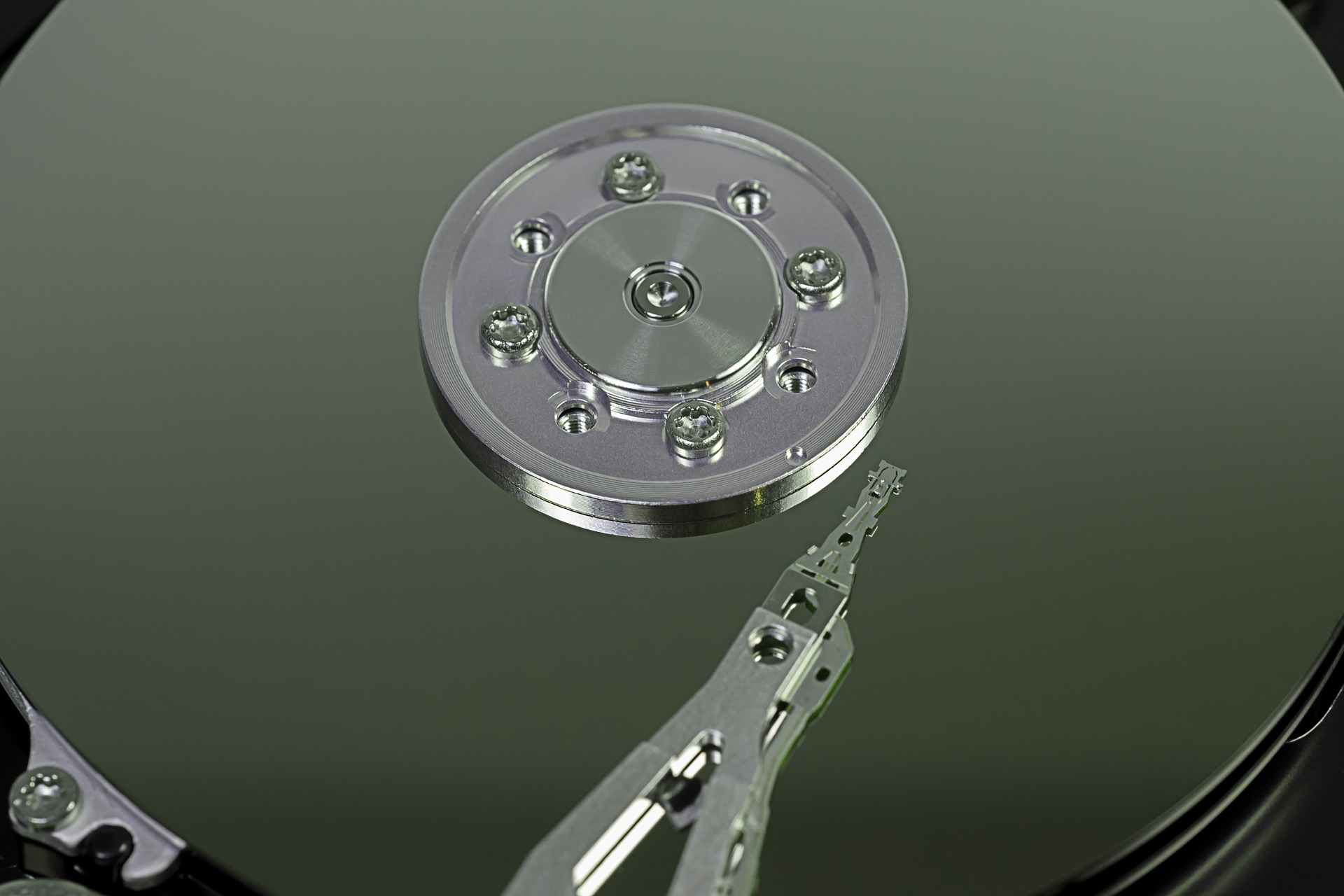Hard drive reliability report shines a positive light on 10TB and 12TB HDDs
Preliminary data suggests that large capacity hard drives can be trusted with your data.

As hard drive makers continue to increase storage capacities, some consumers view large capacity HDDs with trepidation, at least when it comes to trusting a single drive to copious data. But is it warranted? Some early data suggests it might not be.
Backblaze, an online backup service that employs tens of thousands of HDDs, released another reliability report, this time containing data from the introduction of 10TB and 12TB HDDs into its storage pods. Previously the highest capacity drives in the company's stable were 8TB models.
During the course of the last four months, Backblaze added 1,220 10TB drives and 20 12TB drives into the fold, all of them from Seagate, and not one of them failed.
"The 10TB and 12TB drive models are new. With a combined 13,000 drive days in operation, they’ve had zero failures. While all of these drives passed through formatting and load testing without incident, it is a little too early to reach any conclusions," Backblaze said.
Based on the light usage these drives have seen, it is way to early to draw a conclusion. But as Arstechnica points out, these high-capacity HDDs have managed to avoid the so-called "bathtub curve," early failures due to defects that might have been present straight from the factory.
While these drives are relatively new, there is still reason to be optimistic about higher capacity HDDs. Backblaze also employs more than 25,000 8TB drives, all with low failure rates. In fact, the highest failure rates belong to Backblaze's 4TB and 3TB drives. Granted, those account for the bulk Blackblazes HDD aresnal, but as it transitions to higher capacity HDDs, there aren't any major red flags.
Another interesting tidbit is the positive performance of consumer drivers versus enterprise drives. In comparing Seagate's enterprise ST8000NM0055 and consumer ST8000DM002, Blackblaze noted very little difference in the failure rates. The consumer models actually fared slightly better with a 1.1 percent annualized failure rate, versus 1.2 percent for the enterprise model.
Keep up to date with the most important stories and the best deals, as picked by the PC Gamer team.
That said. Backblaze points out it can still be beneficial to pay a premium for an enterprise drive.
"As we have previously documented, the Seagate enterprise drives load data faster and have a number of features such as the PowerChoice technology that can be very useful. In addition, enterprise drives typically have a 5 year warranty versus a 2 year warranty for the consumer drives. While drive price and availability are our primary considerations, you may decide other factors are more important," Backblaze said.
In any event, it's the next reliability report that we're looking forward to, as it will paint a bigger picture of how larger capacity HDDs fare.
Paul has been playing PC games and raking his knuckles on computer hardware since the Commodore 64. He does not have any tattoos, but thinks it would be cool to get one that reads LOAD"*",8,1. In his off time, he rides motorcycles and wrestles alligators (only one of those is true).


